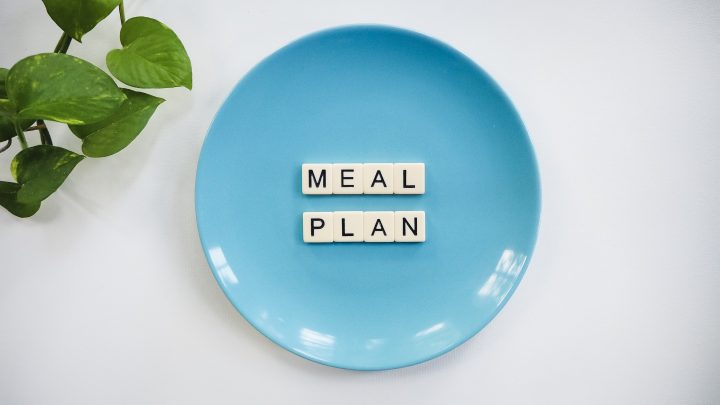
Meal plan delivery services have revolutionized the way we approach nutrition and weight loss. With customizable options, portion-controlled meals, and the convenience of doorstep delivery, they appear to be a godsend for those aiming to shed unwanted pounds.
These services typically offer different calorie levels, such as 1200, 1400, or 1800 calories, designed to create a caloric deficit and facilitate weight loss. However, there are times when this well-structured plan doesn’t seem to yield the expected results.
At times, it can be disheartening to invest in these food services and perceive them as ineffective. However, the issue might not necessarily lie with the services themselves but rather with our perspective on how we utilize them.
The Caloric Conundrum: Uncovering Hidden Pitfalls
- Snacking Sabotage: While the meals provided by meal delivery services are designed to maintain a caloric deficit, it’s easy to fall into the trap of mindless snacking between these meals. Seemingly harmless bites can add up, derailing the carefully calculated deficit you’ve been working towards. Awareness of portion sizes and the nutritional content of snacks is crucial.
- Weekend Bingeing: Weekends often provide a sense of relief and relaxation, leading to indulgence. Unfortunately, the “cheat day” mentality can undo all the hard work you put in during the week. Overindulging in high-calorie treats or meals can offset the progress you made throughout the week.
- Liquid Calories: It’s not just solid foods that contribute to your caloric intake. Beverages laden with sugar and calories, such as soda, sweetened coffee drinks, and energy drinks, can easily undermine your weight loss efforts. These liquid calories often go unnoticed but can significantly impact your overall intake.
- Inconsistent Exercise: While meal plan delivery services emphasize portion control and calorie intake, physical activity is equally important. Relying solely on the caloric deficit created by the meals may not be enough. Regular exercise helps boost metabolism and contributes to a more sustainable weight loss journey.
- Stress and Emotional Eating: Even the most disciplined individuals can succumb to emotional eating, especially during stressful times. Your advocacy for mental health underscores the importance of recognizing triggers that lead to emotional eating and finding healthier coping mechanisms.
- Mindless Eating: Eating while distracted, such as watching TV or working, can lead to overconsumption. Mindful eating, where you savor each bite and pay attention to hunger cues, can help you better regulate your food intake.
- Medical Factors: Sometimes, underlying medical conditions or medications can influence weight loss. Consulting a healthcare professional can rule out any physiological factors that might be impeding your progress.
Related Article: Starting a Calorie Deficit Diet: A Beginner’s Guide
Navigating the Weight Loss Journey
While mean plan delivery services offer a structured approach to weight loss, their effectiveness depends on our commitment and understanding. Our focus on fitness, mental health, and overall well-being underscores the need to address all aspects of our lifestyle. By being mindful of snacking habits, avoiding weekend splurges, staying hydrated with low-calorie beverages, staying active, managing stress, practicing mindful eating, and seeking professional guidance when needed, you can ensure that your journey towards weight loss becomes a success story worth sharing.
Remember, it’s not just about the meals delivered to your door; it’s about the holistic changes you make in your daily life that truly transform your body and mind.






